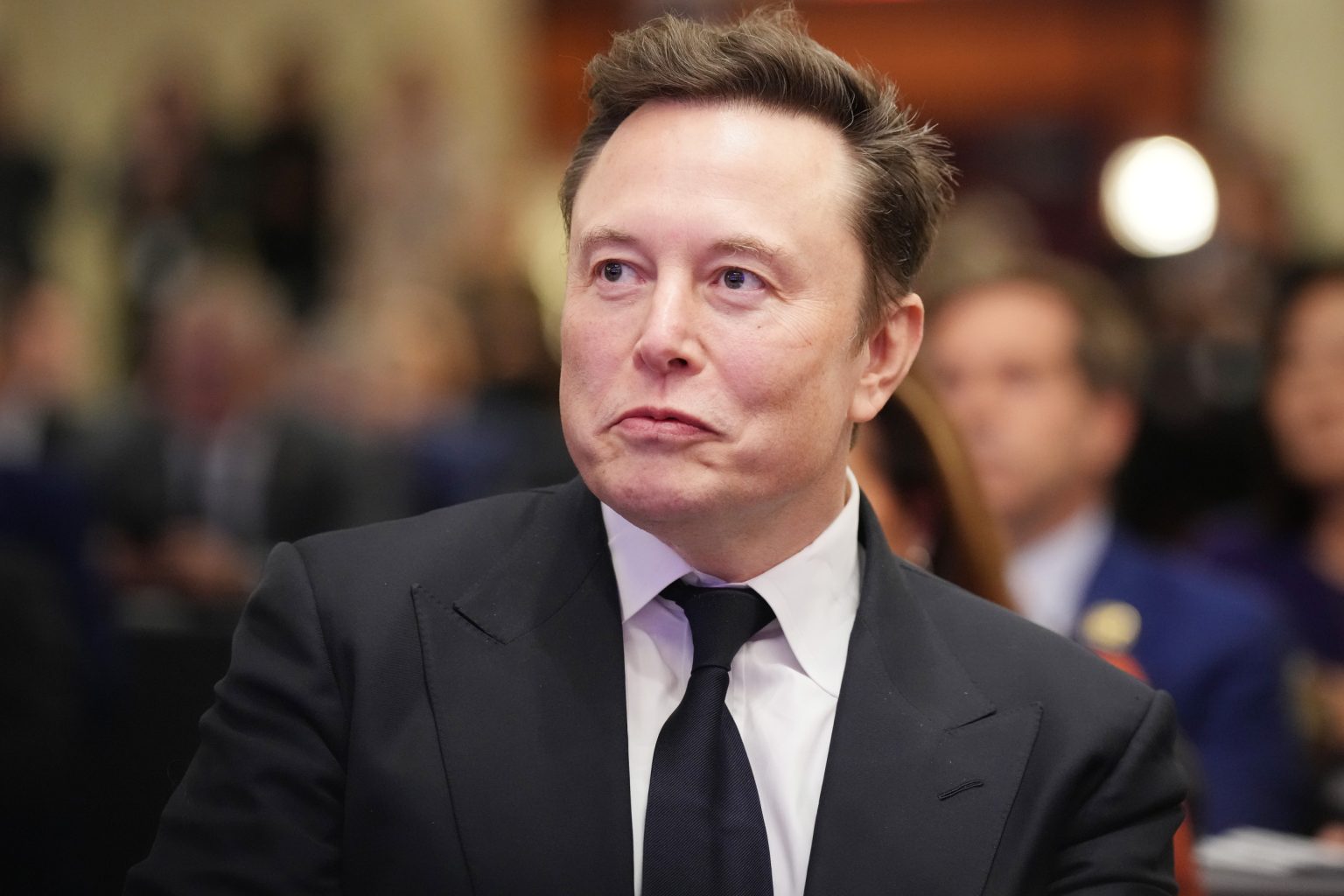The saga surrounding the alleged secret identity of Elon Musk as the X (formerly Twitter) user "Adrian Dittmann" has spiraled into a complex and baffling narrative involving online speculation, investigative journalism, platform censorship, and Musk’s own contradictory statements. The story began with online whispers, amplified by Dittmann’s vocal support for Musk’s stance on H-1B visas, and culminated in X blocking an article investigating the claims, raising questions about content moderation and the platform’s handling of information related to its owner.
The "Adrian Dittmann" account, created in July 2021, garnered a significant following and followed a diverse range of influential figures in politics and technology. The account’s activity, particularly its staunch defense of Musk, fueled speculation that it was a sock puppet account operated by the tech billionaire himself. This theory gained traction as users meticulously analyzed Dittmann’s posts and online interactions, looking for clues linking him to Musk. The account’s following list, which included figures like Bernie Sanders, Kash Patel, and Sriram Krishnan, further fueled speculation due to its eclectic nature and potential connection to Musk’s interests.
The speculation intensified when The Spectator World, a British publication, published an article titled "The Real Adrian Dittmann." The article presented an investigation into Dittmann’s background, identifying him as the son of a German tech entrepreneur based in Fiji. It detailed the father’s various business ventures and suggested a link between Dittmann’s account creation and his alleged participation in a Musk Foundation competition. The investigation relied on digital evidence, including social media activity, participation in X Spaces discussions, and metadata analysis of deleted photographs. However, the article itself became embroiled in controversy over authorship, with a Swiss developer, Maia Arson Crimew, claiming her contributions were not credited, despite a prior agreement.
The publication of the Spectator article prompted Musk to initially respond with apparent amusement, dismissing the speculation as a humorous "IQ test" for legacy media. However, he later dramatically reversed his stance, declaring himself to be Adrian Dittmann. This sudden and unexpected claim further fueled the controversy and intensified scrutiny of X’s subsequent actions.
Adding another layer of complexity, X blocked The Spectator’s article, labeling it as "potentially harmful." This action sparked accusations of censorship and raised questions about X’s content moderation policies, especially given that other publications reporting on the same story, such as the New York Post, remained accessible on the platform. This inconsistency in enforcement further fueled speculation and suspicion surrounding the entire affair. Even the original X post that elicited Musk’s confession was subsequently removed for violating X’s rules, although the linked explanation provided only generic enforcement guidelines.
The inconsistencies in X’s handling of the story have raised concerns about the platform’s transparency and its potential bias towards protecting its owner. The blocking of The Spectator’s article, while allowing access to similar reporting from other outlets, suggests a selective approach to content moderation that appears to favor narratives aligned with Musk’s interests. This selective enforcement undermines the platform’s credibility as a neutral space for information sharing and raises questions about its commitment to free speech principles. Furthermore, the removal of the original post that prompted Musk’s claim adds to the confusion and fuels speculation that X is actively suppressing information related to the Dittmann controversy.
The Dittmann saga continues to unfold with unanswered questions. The controversy highlights the challenges of navigating the complex landscape of online misinformation, platform censorship, and the increasingly blurred lines between public figures and their online personas. The incident also underscores the power dynamics inherent in social media platforms, especially when the platform owner is directly implicated in the controversy. The selective enforcement of X’s content moderation policies raises broader concerns about the platform’s commitment to free speech and its potential to be manipulated to protect specific individuals or narratives. The ongoing debate surrounding the Dittmann account serves as a microcosm of the larger challenges facing social media platforms in balancing free expression with the need to combat misinformation and ensure accountability.


